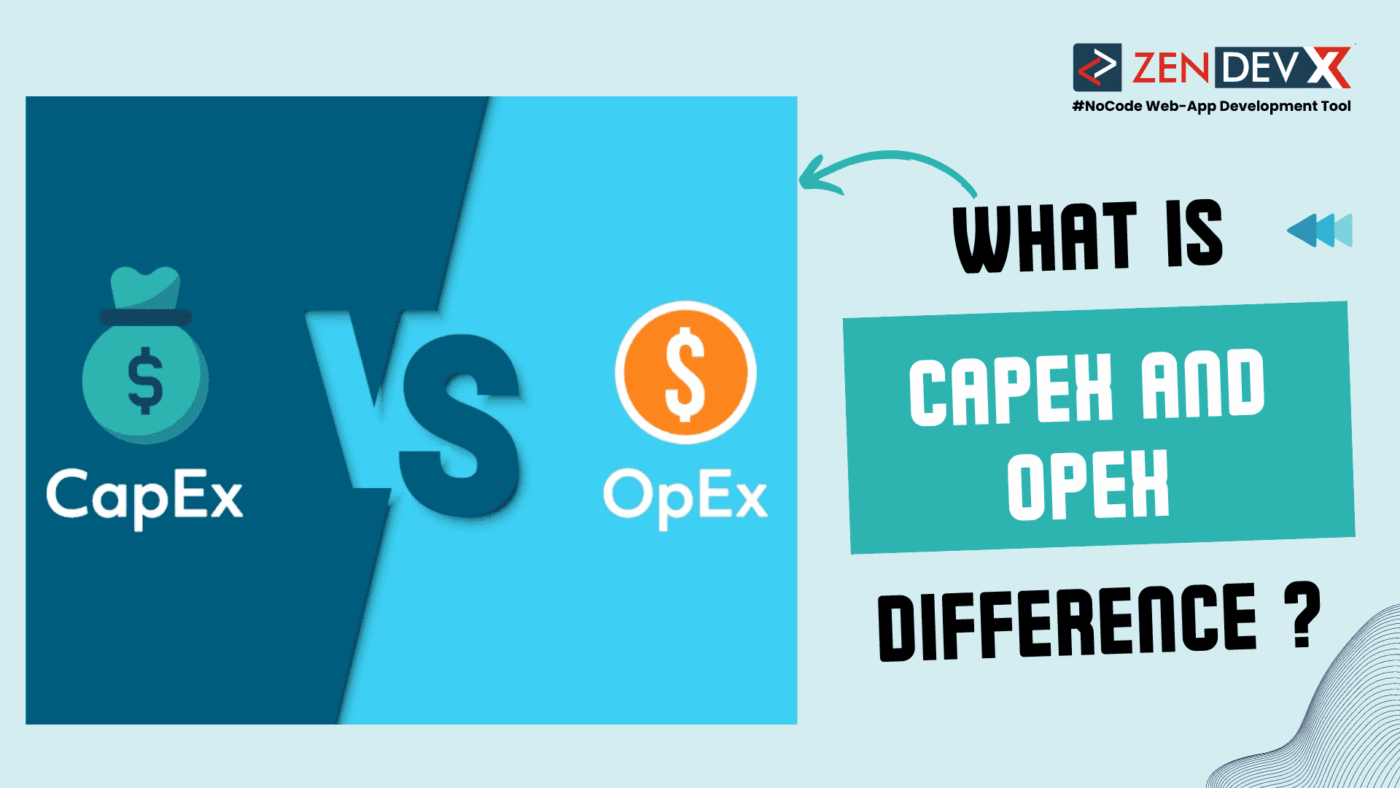In accounting and financial analysis, some of the most often used phrases are capital and operational expenditures, which are somewhat different. Both of them are business expenses; occasionally, it is difficult to tell where the two converge.
A photocopier would be CapEx, for instance; a toner and paper purchase would be OpEx.
From an income tax perspective, CapEx and OpEx are handled differently, hence companies choose one depending on different factors. The two differ obviously; they cannot be used in place of one another. Knowing what both CapEx and OpEx represent is crucial given their varying tax treatment.
Capital Expenditure (CapEx)
Capital expenditure, or CapEx, is the money a company uses to purchase, preserve, and update fixed assets. These could comprise office infrastructure, machinery, and buildings as well as plant, property, and equipment (PP&E).
Usually long-term assets with a usable life or a productive usage spanning more than one accounting period are these ones.
A company is most likely going to have capital expenses when it spends money now to create profit down the road. The asset purchases could be new ones or ones that increase the productive lifetime of an already existing asset.
Examples of Capital Expenses
- Office structures, including the expenses extending the lifetime of the construction
- Office equipment such as computers, photocopiers, furniture
- Vehicles
- Patents, licenses, copyrights, trademarks
Operational Expenses (OpEx)
The money a company spends consistently and continuously to run its everyday operations is known as operational expenditure (OpEx). Operating expenses account for most of daily expenses, hence companies aim to reduce them by means of meticulous planning and administration.
Usually, operating expenses offer no future advantages.
Typical Instances of Operational Expenses
- Rent in offices
- Utilities
- Internet
- Inventory: Goods Sold Prices
- Salary
CapEx vs OpEx: How to Consider This
Capital expenses are depreciated to distribute the cost throughout the useful life of the asset rather than totally deducted in the accounting period they were incurred. Every year, some of the asset is “used up.”
Under the “property, plant & equipment” part of the Balance Sheet, capital expenses show themselves as assets. It shows on the cash flow statement under “investing activities.” Regarding the Income Statement, depreciation charges the expenses to the expense account.
For instance, your business buys machinery valued at $40,000 with a ten-year lifetime. The machine loses value by 10% each year as it gets older. The depreciation charge shown on the financial statement at the end of the accounting year shows $4,000, the lowered value.
Intellectual properties and intangible assets amortize over their life cycle, much as physical objects fade with time.
The Income Statement’s “Operational Expenses” part lists utilities, rent, wages, and company costs. When comparing CapEx to OpEx, capital purchases are not tax-deductible for the accounting period they were incurred; operating expenses are.
Is Software OpEx or CapEx?
IT expenditures would historically be seen as CapEx, hence companies might benefit from amortizing these costs over a given length of time. Usually designed specifically for companies, the program is proprietary. Companies have moved IT costs to OpEx once the cloud era arrived.
Since most SaaS products are subscription-based, businesses pay these fees either monthly or annually, therefore beyond the current year. Besides, these costs cannot be regarded as assets.
CapEx vs OpEx: Selecting the Appropriate Model
Selecting CapEx versus OpEx can significantly affect the buying choices of a company. Companies can decide, for instance, to lease equipment and buildings rather than buy them. This helps them to completely write off the cash expenditure while computing current year taxes.
Sometimes it might be more logical to focus on CapEx. Owning and purchasing capital assets will help any company become more financially strong. You stop paying for it apart from the hefty initial payment.
Although capital expenses are not immediately tax deductible, over a period of time capital assets might offer future tax savings. The value of the equipment reduces over the lifetime of the item as it ages. Every accounting year at the end allows one to claim the depreciation expense.
Although it results in minimal tax savings, it shows on the Balance Sheet more profit and asset value that might be presented to the interested parties.
Capital expenses, however, cannot be reversed without the company running significant losses. OpEx would naturally be a preferable option if your company expects rapid expansion or technology advancements. Further, here are some reasons companies choose OpEx:
- The large fixed asset startup cost calls for cautious budgeting and accurate projections.
- Once you acquire the asset, you must spend a lot of effort to increase its return on investment. Regular technical developments and future demand estimation confuse and challenge us.


